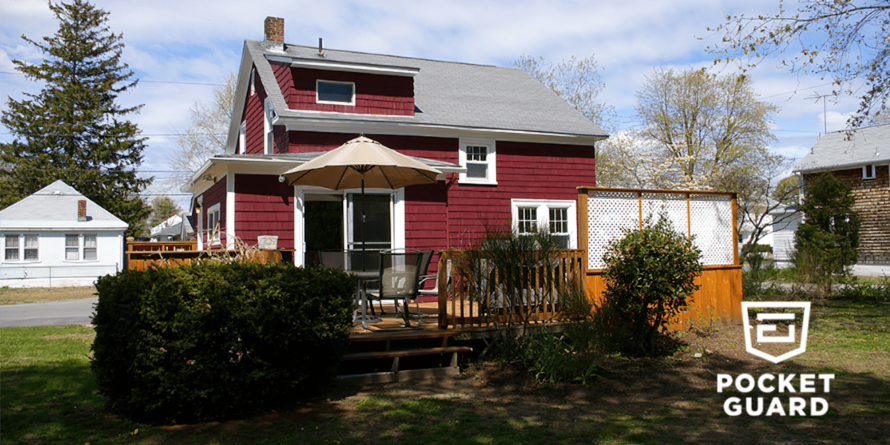Housing is the single biggest expense for most people. Whether you are a student or a recent graduate, you need a safe place to sleep. According to the BLS, the average American household spends more than $10,000 each year on “shelter.” Eliminating this expense isn’t an easy task, but if you are flexible, there are are ways to do it — especially for young, single people.
Move in with your Parents
The easiest way to live rent-free is to move in with your parents or other relatives. It is common for recent college graduates to move back home until they can establish themselves financially, get married or start a family of their own.
It is also common for people to move in with relatives when they are going through massive life changes such as a divorce or unexpected job loss. While this is usually considered a short-term solution, it can help you get your feet under yourself.
House-Sitting
There are several people who plan to travel for extended periods of time for work or vacation or they own two homes and hire a house-sitter to look after their place while they’re away. The person house sitting is usually required to cleaning, do yard work, and may have to care for pets. These arrangements can last anywhere from a few weeks to a full-year. Even though it is a temporary arrangement, some people do it year-round, moving from house-sitting position to house-sitting position throughout the year. Websites like TrustedHousesitters.com and HouseCarers match homeowners with people looking for house-sitting opportunities.
Apartment Management
If you are looking for something more stable than moving from house to house, you can earn your rent by managing an apartment building or complex. Many apartment complexes offer their managers a free apartment as part of their pay. This is a job that obviously requires basic home-repair skills, as well as being on call at all times to assist tenants. It is straight forward to find apartment manager positions through online job-search sites or the want ads in your local paper.
Home Sharing
Home-sharing programs are designed to match up senior citizens who need help around the house with people who are able to help out and need a place to stay. The host provides a room for free or at a reduced cost, and the guest helps out with cooking, cleaning, shopping and transportation, as well as companionship. It is common for students to participate in these programs but they can also be suitable for recent graduates with low income. The National Shared Housing Resource Center has a fairly exhaustive list of home-sharing programs for various states.
Farm Work
If you are into gardening, animals or organic food you can get free room, board, and training in exchange for working on an organic farm. People who volunteer with World Wide Opportunities on Organic Farms (WWOOF) a few hours per day performing farm-related chores like planting, weeding, harvesting, feeding animals, milking cows, cutting wood, and making compost. These are informal arrangements between the farmer and the volunteer that can last from a few days to several months.
Home Stays
Home stays are just like living with your parents… but without the parents. Members on home stay websites such as Couchsurfing host surfers for days, weeks or even months who need a place to stay. While these sites are tailored to people who are on cross cultural trips, they are also a great way to meet people when you are moving to a new city or in a transition stage like getting a job in a new city or graduating college.
Couchsurfing has over 10 million registered members from 200,000 cities all over the world and invites you to host people when you are able to as well. To become a couchsurfer, just set up a profile and note whether you are able to host people, need a couch to crash on, or both.
Another more formal site that matches hosts and guests is Servas International. This international association has been operating for more than 50 years, fostering peace and goodwill by connecting people of different cultures. To become a member, you need to sign up to create an account, then provide two letters of recommendation and go through an interview process. The membership fee ranges from $25 to $98 per year which entitles you to as many visits as you wish to make in the year.
Featured image credit: www.flickr.com
August 10, 2017
August 10, 2017



